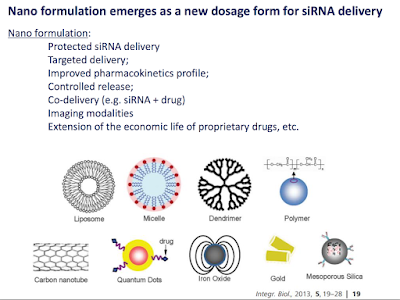Event 2 | Professor Vesna's Lecture
I recently had the opportunity to attend Professor Vesna's lecture on the Ars Electronica festival. She served on a jury for the Hybrid Arts category and the STARTS (science, technology, and the arts) Prize and decided to share this year's submissions. Held in Linz, Austria, the annual Ars Electronica festival gathers media artists from around the world to present their work.
 |
| A group of classmates and I with the TAs (Me in the bottom row, second from right) |
Last year's Ars Electronica was called "Radical Atoms". The theme was described as "alchemistical", which highlights an important idea that while alchemists performed "non-science" experiments and were alienated by their society, they were essential in the development of modern science. In this way, it is easy to understand and appreciate the work of the participating artists as pioneers, exploring the role of science in society.
Video Professor Vesna showed us during lecture
Professor Vesna showed us one group who created a bio-composite material that responds to humidity. While this smart, adaptive fabric is as useful as it is innovative, other pieces took a more abstract approach to convey social and political meaning. For instance, one woman created a hybrid cell between humans and dogs to explore our coexistence with dogs.
The Drone Survival Guide is an activist piece, archiving sounds of different drones online. Described as "21st-century bird watching" as each drone is named after a bird, it addresses the issue in Syria (a war-zone), where drones are heard, but never seen.
·
Another submission was a biological art installation, called "The America Project" by Paul Vanouse. Once collected from a spittoon, samples undergo DNA electrophoresis, a separation technique based on weight. The produced plates portray recognizable images of power--a crown, an infinity symbol, or the US flag. Although DNA is considered a symbol of one's identity, Vanouse attempts to convey our similarity as we all have shared DNA. It provides a cultural comment on fingerprinting and racial stereotyping.
 |
| Example US flag from The America Project |
An honorable mention of the 2017 STARTS Prize was Marcus Maeder's "Treelab", an artistic-scientific observation project. Essentially, Maeder uses sound recordings to determine the health of trees. "Treelab" is the epitome of artists and scientists working together, in this case to combat climate change.
The underlying theme of these pieces, Professor
Vesna’s lecture, and Ars Electronica itself is that art is
becoming less technology-driven, but more socially and politically charged. Throughout this class, we learn that artists are entering the lab to create, criticize, and comment on the sciences and our society overall.
References
ArsElectronica. "2016 Ars Electronica Festival: RADICAL ATOMS and the alchemists of our time / EN." YouTube. YouTube, 25 Oct. 2016. Web. 14 May 2017.
Maeder, Marcus, and Roman Zweifel. "Trees: Pinus sylvestris. "N.p., n.d. Web. 14 May 2017.
Vanouse, Paul. "The America Project." America Project. N.p., 2016. Web. 13 May 2017.
<http://www.paulvanouse.com/ap/>





Comments
Post a Comment